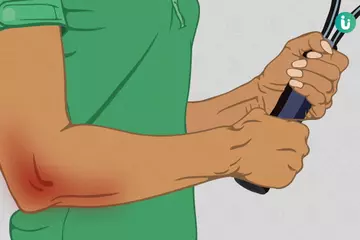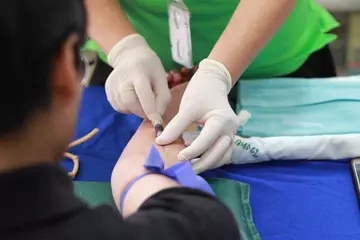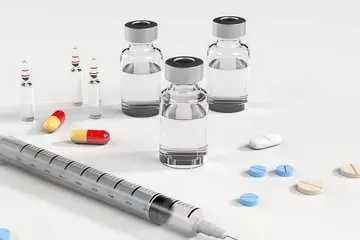Summary
In the body, fat is produced by the liver in the form of cholesterol or lipid. A part of the body’s daily cholesterol requirement is fulfilled by dietary sources such as egg yolk, dairy products, and meat. Cholesterol in suitable amounts is essential for several biological functions within the body. It is essential for the production of hormones like oestrogen, progesterone, testosterone, cortisol, and aldosterone.
Please click on this link to know better high cholesterol treatment.
Furthermore, cholesterol is present in the bile salts which are necessary for proper digestion of fats. It also enables absorption of vitamin A, D, E and K in the body. In addition, it is an important component of the cell membranes and helps to maintain the cellular structure. In the presence of sunlight, vitamin D is produced in the body with the help of cholesterol. Cholesterol travels in blood in combination with proteins (lipoproteins). Good cholesterol (high-density lipoprotein - HDL) has a protective effect on the heart, whereas, an excess of bad cholesterol (low-density lipoprotein - LDL and very low-density lipoprotein - VLDL) increase the risk of heart diseases.
Excess of bad cholesterol in the body can cause chest pain or angina, heart attack, stroke, and diabetes. Fat-rich diet, obesity, and a sedentary lifestyle are the main reasons for increased cholesterol levels in the body. High cholesterol in the blood is a major cause for the formation of plaque inside the blood vessels resulting in different forms of cardiovascular (heart) diseases. High blood pressure, cigarette smoking, and obesity further increase the risk of heart diseases.
In some people, inherited genes are responsible for high cholesterol levels. Lifestyle modifications such as maintaining an ideal weight, limiting the intake of fried and fatty foods and giving up smoking are the important aspects of high cholesterol management. Additionally, medicines called statins in combination with other medications are commonly prescribed to lower raised cholesterol levels.
(Read More - Foods to reduce high cholesterol)

 Doctors for High Cholesterol
Doctors for High Cholesterol  OTC Medicines for High Cholesterol
OTC Medicines for High Cholesterol
 Lab tests for High Cholesterol
Lab tests for High Cholesterol High Cholesterol articles
High Cholesterol articles News for High Cholesterol
News for High Cholesterol
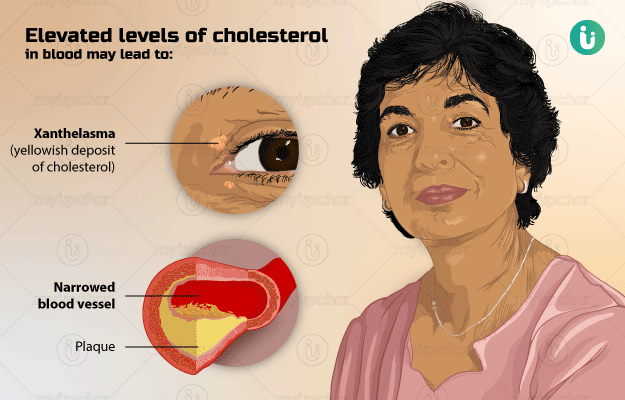
 Ayurvedic Treatment of High Cholesterol
Ayurvedic Treatment of High Cholesterol
 Home Remedies for High Cholesterol
Home Remedies for High Cholesterol
 Homeopathic Treatment of High Cholesterol
Homeopathic Treatment of High Cholesterol































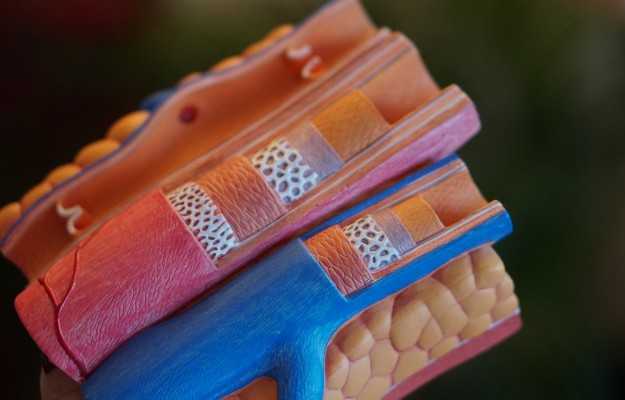
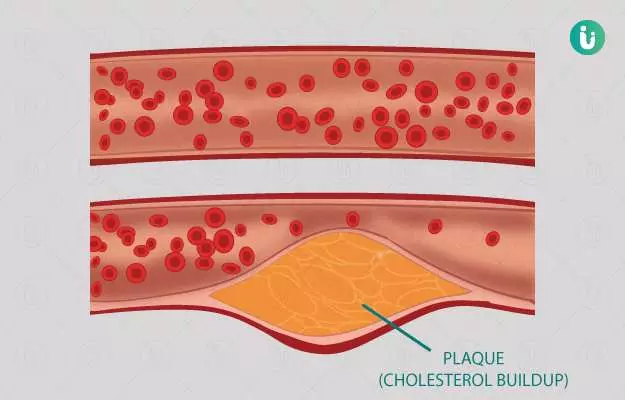

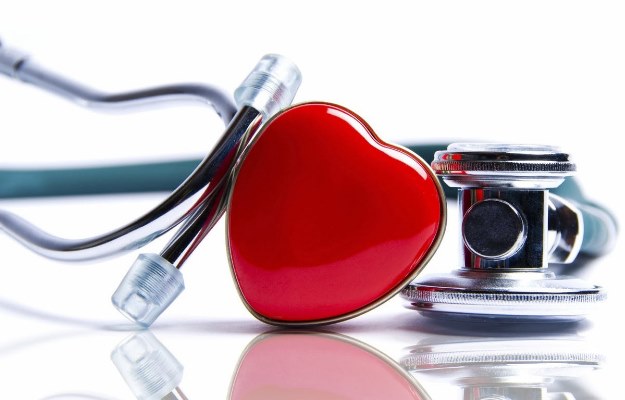
 Dr. Nadheer K M (AIIMS)
Dr. Nadheer K M (AIIMS)



 Dt. Akanksha Mishra
Dt. Akanksha Mishra



